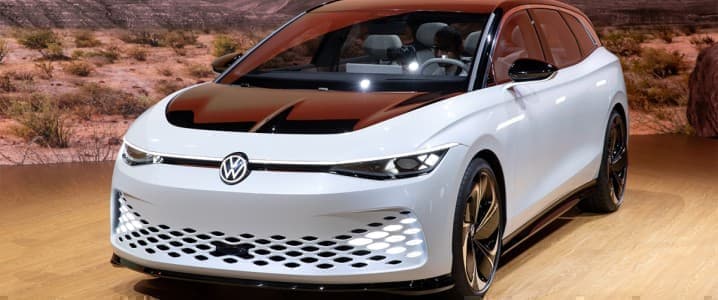China recently implemented export restrictions on rare earth materials, marking a significant shift in its trade strategy. These restrictions are not limited to U.S.-based companies but also impact Europe’s struggling automotive sector. China controls approximately 90% of the global rare earth processing capacity, making it a dominant player in this critical industry. The restrictions involve a new licensing system for buyers of rare earth magnets, which has proven to be complex and time-consuming. This has led to concerns among major automakers, including Toyota, Volkswagen, and General Motors, who rely heavily on these materials for various components such as automatic transmissions, sensors, and electric motors. European carmakers face additional challenges due to their commitment to producing electric vehicles (EVs), which require even more rare earth materials than traditional combustion engine cars. The situation is further complicated by ongoing trade tensions between the U.S. and China, with accusations of deal violations. While the current dependence on China for rare earths highlights vulnerabilities in global supply chains, it may also serve as a catalyst for efforts to develop alternative sources in Europe and the U.S.
— new from Oilprice.com
